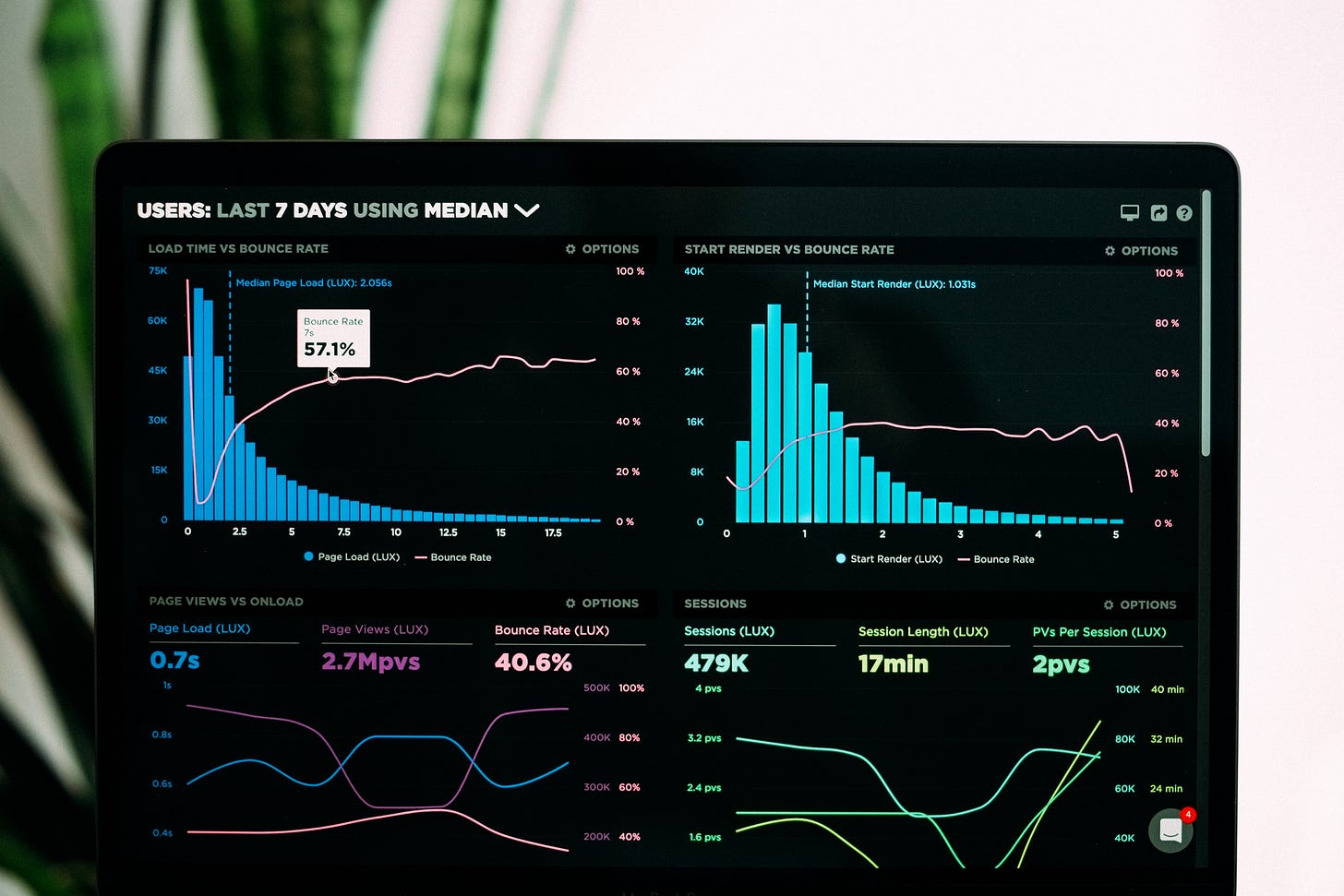Ensuring Vendor QoS & Setting the Right Type of SLAs When Buying Service From a Vendor
Traps to avoid when negotiating vendor SLAs

The worst thing that can happen when buying a service from a vendor is that it does not meet the business's needs. Let's discuss how to avoid that.
In the last post, we talked about a frequently overlooked aspect of build vs. buy decision that, if evaluated early, can simplify the decision process.
Assuming that you decided to buy the service from the vendor, the next question is how do you ensure the quality of service (QoS)? Poor QoS can affect your business metrics and engineer/team reputation.
Industry-standard way to ensure QoS is setting up SLAs with vendors. Some vendors will try to avoid this or drag SLA discussion out for as long as possible. Not because they offer poor QoS but because they have many customers and everyone has different requirements and expectations from the service.
Service vendors provide SLAs that are generic and applicable to the average use-case as a starting point. And in my experience, no company buys a service because they have an average use-case.
So to ensure your company experience a great QoS from the vendor, it is critical to set custom SLAs with the vendor to meet your business requirement.
Based on my experience, I recommend setting at least two different types of SLAs. A platform SLA and the service SLA.
Platform SLA & Service SLA
For any company, most interactions with vendors fall into two broad categories. The basic service that you plan to consume from the vendor and the platform via which you will consume the service.
For example, GMAIL for the workplace provides a service to send/receive emails in your workplace, and the Gmail app connects workplace platforms via web/mobile clients. The same is true for most vendors, even where the interface is via API.
Hence, it's appropriate to independently set both SLAs for platform and service.
Next, we must identify the SLAs that work for us. Remember, all vendors have generic SLAs that may not work for our business. It's crucial to set SLAs that matter to our business during initial contract negotiation. They help ensure QoS for our use case and prevent us from working with vendors that can fail to meet our business needs.
Next, we look at a few critical SLIs that each SLA should cover.
Platform SLI
For platforms, availability and security are paramount. Some vendors will try to provide API-level SLA/SLIs. My recommendation is to avoid accepting those as SLA/SLI.
APIs can be implemented to have 100% uptime by returning empty 200 or 301 redirects. Thus, SLI is often more useful than per API level.
Service SLI
For services, it's service-dependent. But at minimum, identifying a measure for quality, availability, timely delivery are some of the good SLIs.
In the end, buying service is as critical as building it. A bad contract with poorly constructed SLAs can significantly impact the business and experience.
I hope you find this information useful when negotiating SLAs with your vendor for any services you procure.
A free subscription gets you:
🎉 📰 Every new issue of this newsletter is delivered right to the inbox.
🔖 😲 Free access to previous posts is soon to be moved behind a paywall.
🏆 😊 Top posts that made it to the front page of hacker news with comment thread.

